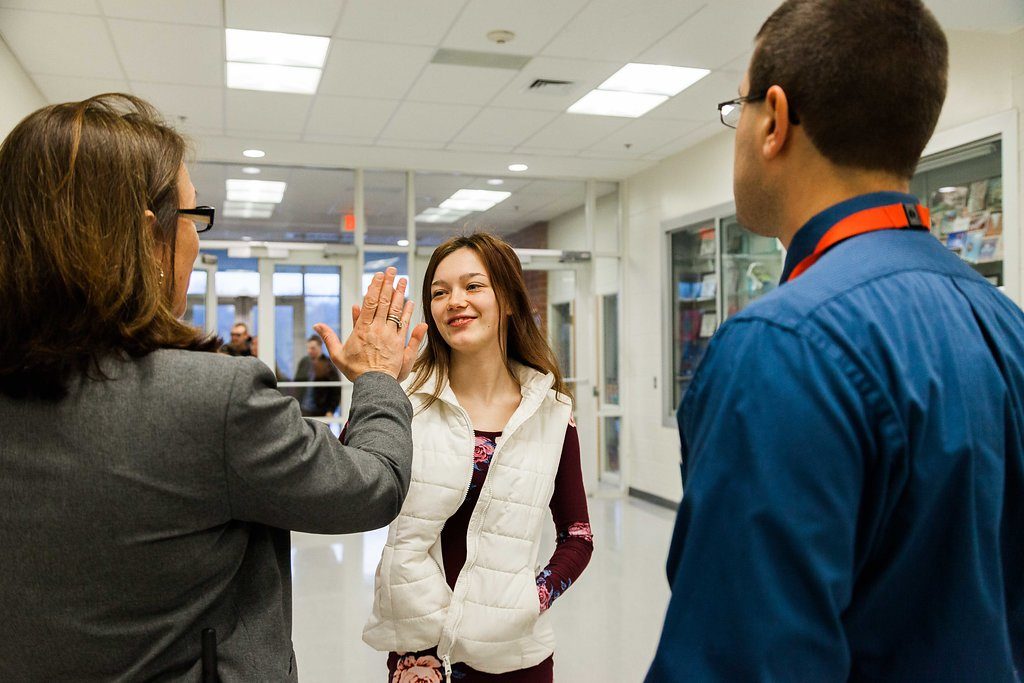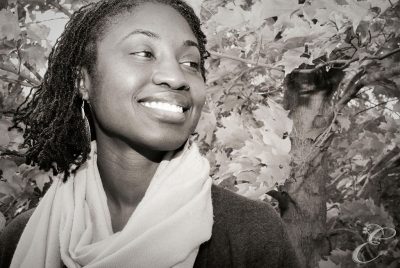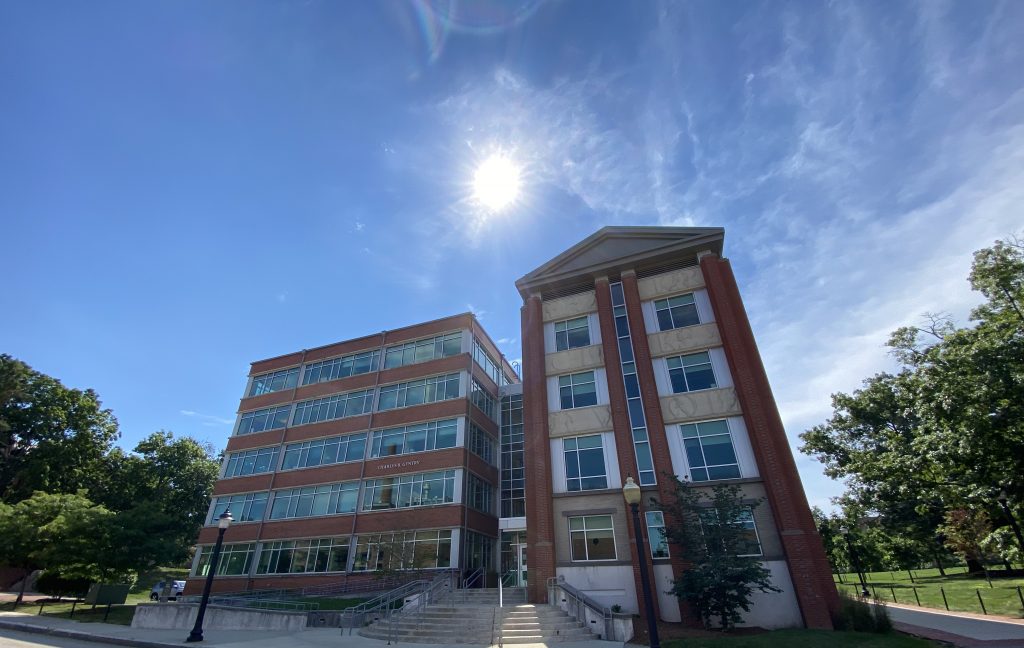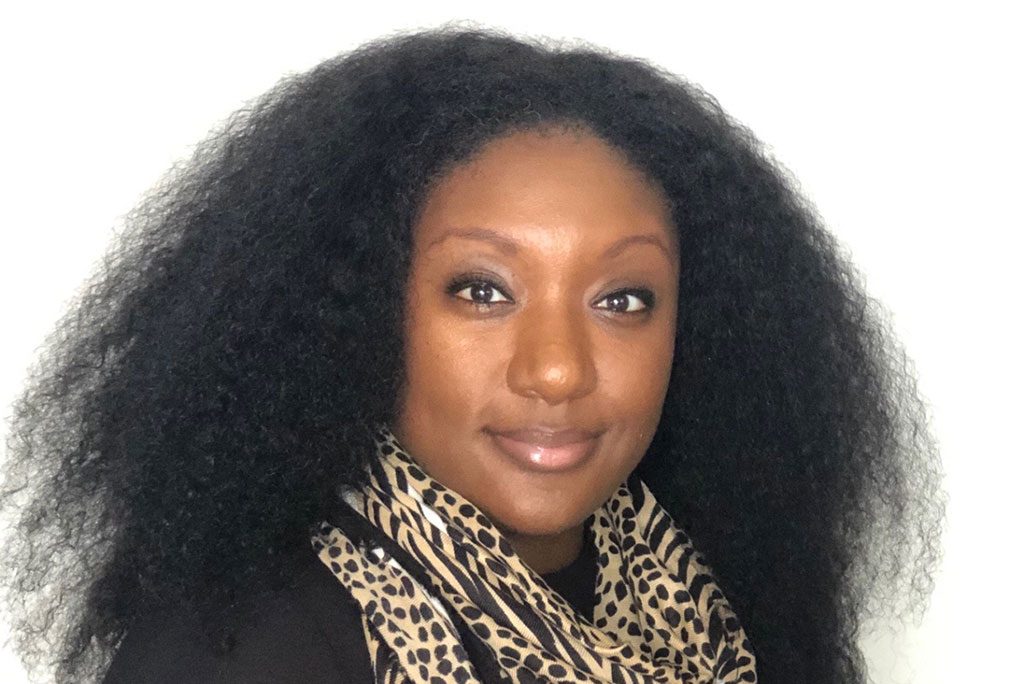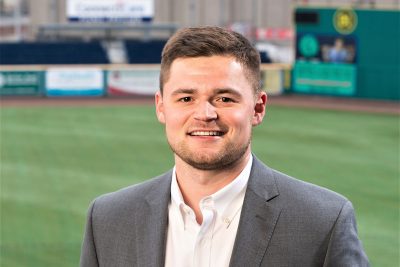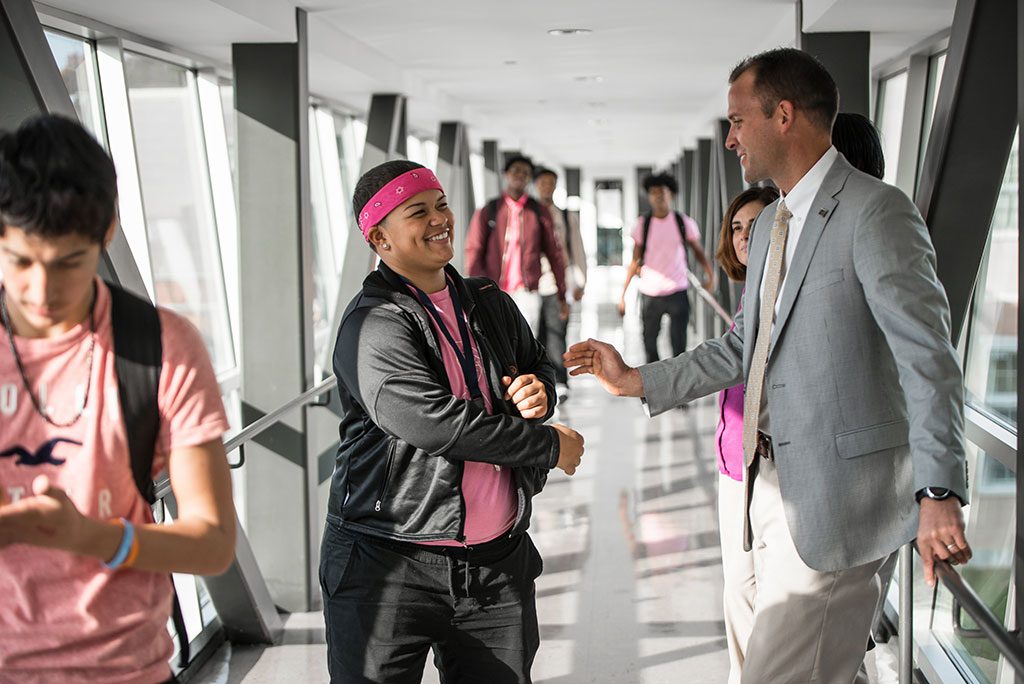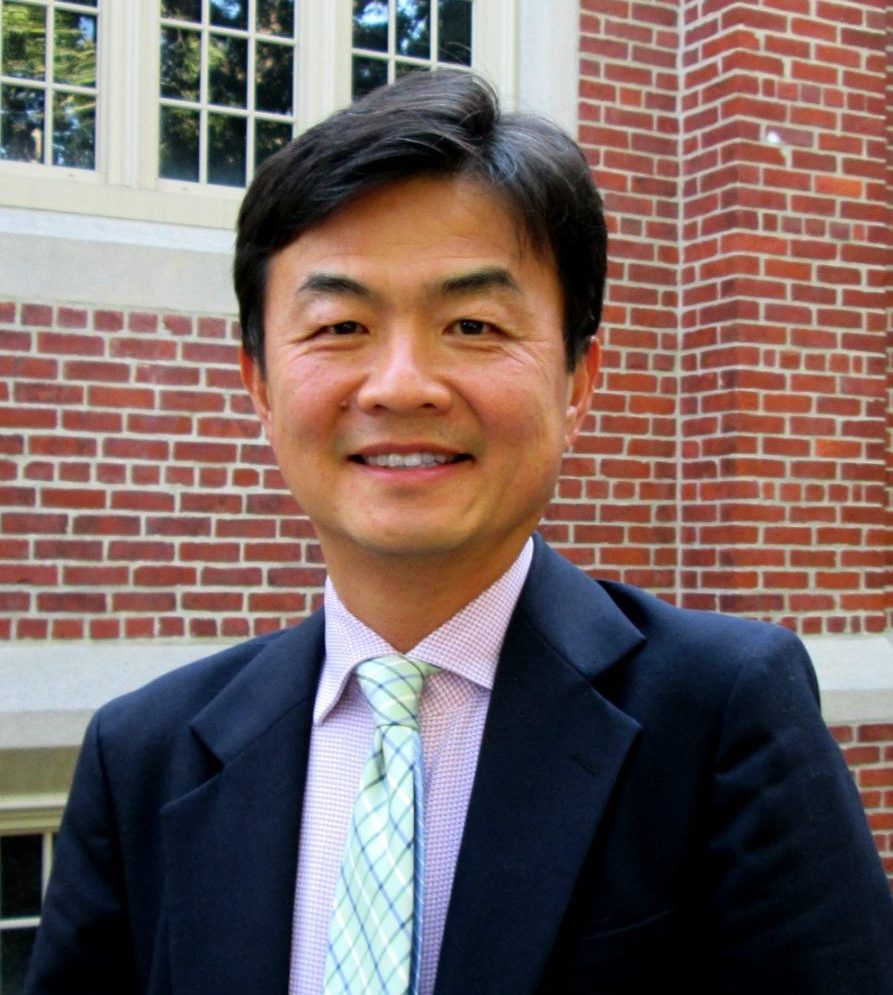Neag School of Education
Principal Prep in Practice: One Year Into UConn Administrator Preparation Program’s Revamp
This summer marks one year since the Neag School’s University of Connecticut Administrator Preparation Program (UCAPP) began implementing changes as part of a nationwide effort known as the University Principal Preparation Initiative (UPPI). In 2016, UConn was one of seven universities selected to join this initiative, funded by New York City-based Wallace Foundation, aimed at improving training for aspiring administrators.
September 2, 2020 | Fiona Brady
Alumna Truth Hunter Named Neag School’s Next Dean’s Doctoral Scholar
“I want to take the information my students trusted me with and give it a voice, give it a platform, allow it to start new conversations, and new ways of thinking,” says Truth Hunter ’14 MA, Neag School of Education Dean's Doctoral Scholar. "That is how I hope to use my experience as a Dean’s Doctoral Scholar."
September 2, 2020 | Fiona Brady
Fall 2020 Neag School Hires, Appointments, and Promotions
The Neag School is proud to announce for the 2020-21 academic year a number of new hires across each of its academic departments, as well as several faculty promotions and new appointments for existing members of the Neag School community, effective this month.
August 25, 2020 | Combined Reports — Neag School of Education
UConn Researchers Lead National Collaborative Effort to Improve Gifted Education Programs
UConn researchers will lead a national effort to improve gifted education, funded by a $5 million federal grant.
August 25, 2020 | Anna Zarra Aldrich '20 (CLAS), Office of the Vice President for Research
4 Questions to Ask Now in Preparing Your Child for School
I recently read a post from a frustrated parent who attended a back-to-school virtual meeting. The parent wanted practical steps on preparing for school, but instead received a lot of information about mindfulness and social-emotional health. The school perhaps missed an opportunity here to engage families in why social, emotional, and behavioral health is so important, and how it is critical for schools and families to partner as we head into fall.
August 20, 2020 | Sandra Chafouleas, Board of Trustees Distinguished Professor, Neag School of Education
Counseling Expert Strives to Support Individuals Facing Unemployment Due to COVID
In the wake of the COVID-19 outbreak, unemployment rates in the U.S. rose to their highest level since the Great Depression as of mid-April. Last week alone, the U.S. Department of Labor reported more than 1.4 million new unemployment claims. Diandra J. Prescod, associate professor and program coordinator of counselor education and counseling psychology at the Neag School, is working to combat the obstacles faced by those Americans who have lost their jobs or been furloughed as a result of the pandemic. She wants them, first and foremost, to have hope.
August 7, 2020 | Stefanie Dion Jones
Ph.D. Student Pauline Batista Seeks to Support Youth’s Voice
“In my work as a researcher,” says LLEP doctoral candidate Pauline Batista ’16 MA, “I come from an understanding where youth do not have a voice unless youth have the educational skill set or the educational apparatus.”
July 30, 2020 | Mica Clausen (they/them)
Reimagining the Ballpark Experience Amid COVID-19
Andrew Girard MA ’19 has been preparing for baseball’s opening day since this past September. As the stadium operations manager for the Hartford Yard Goats, Girard oversees the maintenance and facility enhancement projects at Dunkin’ Donuts Park in Hartford, Connecticut. When he learned that the season start date would be delayed due to COVID-19, he and his team began creating systems to ensure that fans would feel comfortable and safe when they were able to return to the park.
July 13, 2020 | Fiona Brady
Strategies for Fostering an Emotionally Safe School Environment
Schools play a critical role in fostering emotional safety for adults and students. In responding to COVID-19, schools planning to reopen must include efforts that define a safe school environment as having not only physical elements such as cleaning practices, ventilation conditions, and physical distancing protocols, but also emotional elements.
July 10, 2020 | Sandra M. Chafouleas, Taylor A. Koriakin, Emily A. Iovino, Jeana Bracey and Helene M. Marcy
Associate Vice President for Global Affairs, Yuhang Rong, Appointed to CAEP Board of Director
Associate Vice President for Global Affairs Yuhang Rong, Ph.D., was appointed as a member of Board of Directors on July 1, 2020 by the Council of Council for the Accreditation of Educator Preparation (CAEP), the national accreditation agency for educator preparation programs. UConn’s Neag School of Education is accredited by CAEP.
July 1, 2020 | Aniqa Islam
